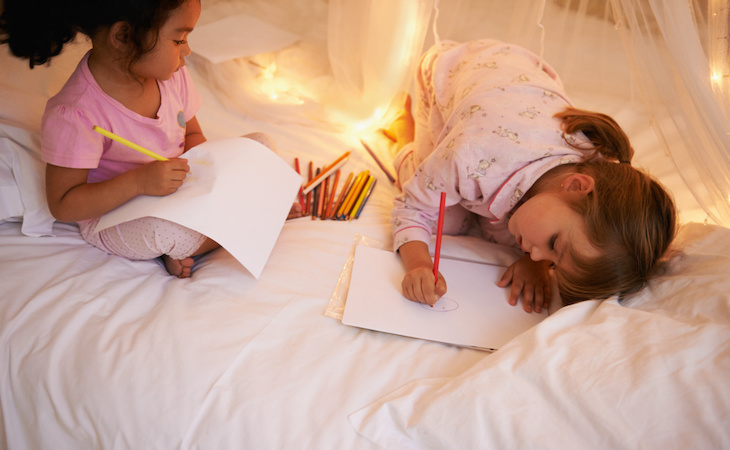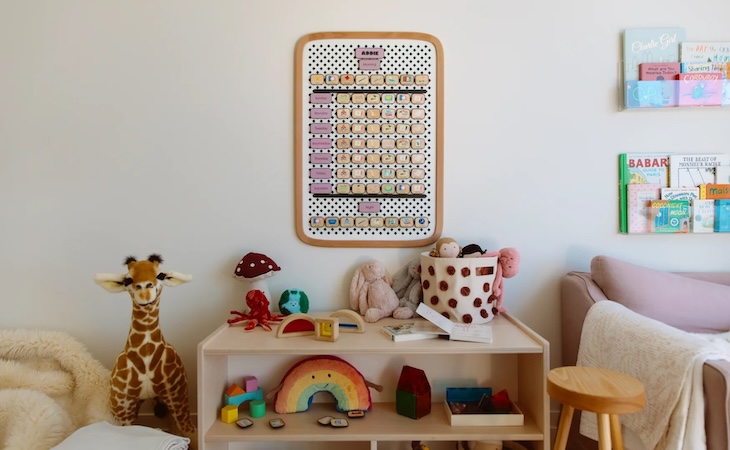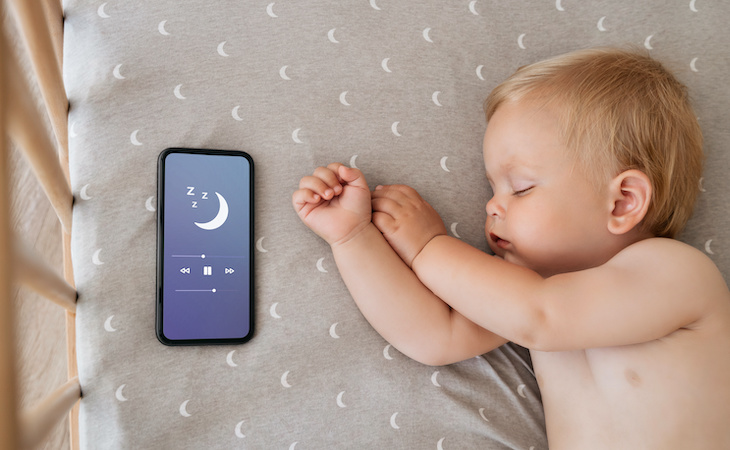Sleeping away from home for the first time can be exciting and nerve-racking for kids and their caregivers. The good news is that experts say sleepovers are about more than just fun—they can benefit kids’ social and emotional development.
If your child has gotten their first sleepover invitation, you may wonder: Is my kid old enough to spend the night away from home?
This article will explore the signs your child is ready for a sleepover, the benefits of sleepovers for kids, and how to prepare your child for their first sleepover.
When do kids start having sleepovers?
There’s no standard age for when kids are ready to start having sleepovers. It depends a lot on the situation and the child.
There are two main types of sleepovers, says Julie Robinson, PsyD, a clinical psychologist, licensed marriage and family therapist, and founder of Las Vegas Therapy Center.
The first is spending the night with family—like at grandma’s and grandpa’s house. The other is staying at a friend’s house or the house of someone else who’s not related to you.
There’s no standard age for when kids are ready to start having sleepovers. It depends a lot on the situation and the child.
“A good rule of thumb is having your child stay with a familiar family member first,” says Ashanti Woods, MD, a pediatrician at Mercy Medical Center in Baltimore.
After that, Jon E. Simon, MD, a pediatrician and internal medicine specialist with Mercy Personal Physicians at Hunt Valley, recommends scheduling a sleepover at the house of close family friends, where the child already knows and trusts the adults in charge.
Signs of sleepover readiness
There are several signs a child is physically ready for a sleepover, including:
- Sleeping through the night
- Ability to brush their teeth and change into pajamas without assistance
- Flexibility with food choices (“Parents perhaps can send a specialized [or] prepared food container, if necessary,” says Woods.)
- Ability to verbalize discomfort with a situation
Of course, it’s also essential for a kid to be socially and emotionally prepared to spend the night away from home.
Simon says your child may be ready for their first sleepover if they’ve demonstrated an ability to understand and follow the rules outside the house (such as at school) and don’t have issues with separation anxiety or nightmares in other situations.
Are sleepovers good for kids?
Sleepovers can absolutely be good for kids. Robinson says specific benefits may include:
- Developing social skills
- Forming bonds with peers
- Building emotional intelligence
- Learning how to behave in someone else’s home
Sleepovers also have the potential to fortify relationships with primary caregivers or siblings. Robinson says spending time away may help kids appreciate the love, safety, and security they have at home.
How to prepare your child for their first sleepover
Is your child’s first sleepover already on the calendar? Here are tips for preparing them to sleep at a friend’s house for the first time.
Check in with the child’s feelings
The experts agree: It’s essential to check that a child feels comfortable with the idea of a sleepover, especially if it’s not necessary (such as a night at grandma’s house because the parents will be out of town). Check in with them and be willing to cancel the plans.
“It should not be forced upon a child who doesn’t feel ready or excited about it,” says Simon. “There is nothing wrong with your child if they don’t want to sleep over at a friend’s.”
Discuss behavior expectations
Once you’ve established that your child feels ready for the sleepover, Robinson says it’s time to remind them that spending time in someone else’s home is a great chance to show off the best version of themselves.
Then, offer specific examples of what that might look like, such as letting a friend know when they’re hungry instead of opening the refrigerator or pantry.
“Sleepovers are a great way for kids to learn about appropriate behavior and manners,” says Robinson. “Some children may not behave in their own home but will do well at a friend’s house with different rules and energy.”
Assure them that you’re just a phone call away
One of the best ways to support a kid during their first sleepover is to let them know you’re there for them, even if you’re not under the same roof.
“There are times when they’re nervous, but they still want to try.” says Robinson. “That’s when you let them know you’re there for them, that they can call you at 1 am—and if they do, you will not judge them and you’ll come get them if needed.”
Pick a comfort item
Not all children need or want to take an item from home. However, Robinson says some kids might feel more confident and supported with a comfort item—a stuffed animal or a favorite blanket or pillow.
Even a child who doesn’t sleep with stuffed animals at home might feel more secure with a comfort item if they wake up in the middle of the night or have trouble falling asleep in a strange place.
FAQs
At what age should you let your child have a sleepover?
There’s no set age for when a child should start having sleepovers. Instead, experts suggest gauging each child’s physical, emotional, and social readiness for spending the night away from home.
Should 7-year-olds have sleepovers?
Experts agree that there’s no standard right or wrong age for sleepovers. Readiness depends on the person and situation. Some children are ready by age 7—or even younger—but Woods says even some teens struggle to navigate sleepovers’ social and emotional nuances.
How do you deal with your child’s first sleepover?
Experts recommend staying at a family member’s or close friend’s house for a first sleepover. Caregivers should also check in with how the child feels before the night away, review behavior expectations, and reassure the child that they are just a phone call away.
Next, check out our guide on how to keep your kids’ sleep routine on track during the summer.




